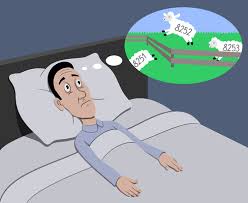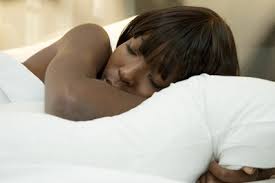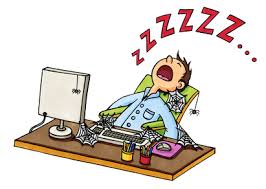How to choose the Correct Insomnia Treatment

When normal sleeping medication is no longer a viable solution for coping with sleep disorders, one may always look for an alternative insomnia treatment completely free of side effects. This is the case of herbal cures that can be safely used to ensure a good night’s rest.
Among the many herbs that contribute to inducing sleepiness, let’s have a look at jasmine, lavender and passionflower; they are available either as supplements, tea herbs or essential oils, and they should be administered only after previous consultations with a herbalist. Keep in mind the fact that such an insomnia treatment is just a welcome support for the relaxation of the central nervous system, and it doesn’t treat the underlying cause of the sleep problem.
Jasmine insomnia treatment involves the use of herbal infusions before going to bed; jasmine tea is very flavored and tasty, so that it is a true pleasure to drink it. Growing particularly in the Eastern Asian countries, jasmine has become increasingly popular all over the world due to its unique relaxation properties.
Thousands of people use special ‘brainwave’ audio sessions to get to sleep.
Just slip on your headphones and click Play. ……Learn more on this page!
Prepare a jasmine infusion and drink it warm, half an hour before going to bed; this is a traditional Asian insomnia treatment that will soothe nerves and induce a state of well-being. Tea can be easily associated with aromatherapy that uses jasmine essential oils; a few drops put in a jar with hot water or in the bath tub can do miracles for your sleeping problems.
Lavender is another favorite herb when it comes to choosing a natural insomnia treatment; available as tea, volatile oil and even oral supplements, lavender has great therapeutic properties for many nervous health problems.
Anxiety, stress, mental disorders, depression are frequently overcome with the help of lavender supplements; without having any side effects at all, this herb is considered an efficient insomnia treatment due to its impact on the central nervous system.
Last but not least, passionflower is another top herbal remedy for anxiety, stress and insomnia treatment. It has a relaxing effect and it is a major compound of herbal supplements designed for dealing with sleeping disorders. Completely free of adverse reactions, the passionflower eliminates the negative impact of intense emotions that drastically affect sleep quality.
If you are already taking some form of medication, it is good to inform the health care provider on the intention to use any alternative insomnia treatment, and vice versa, before starting drug administration, make sure you let the doctor know about the herbal supplements you’re using.


